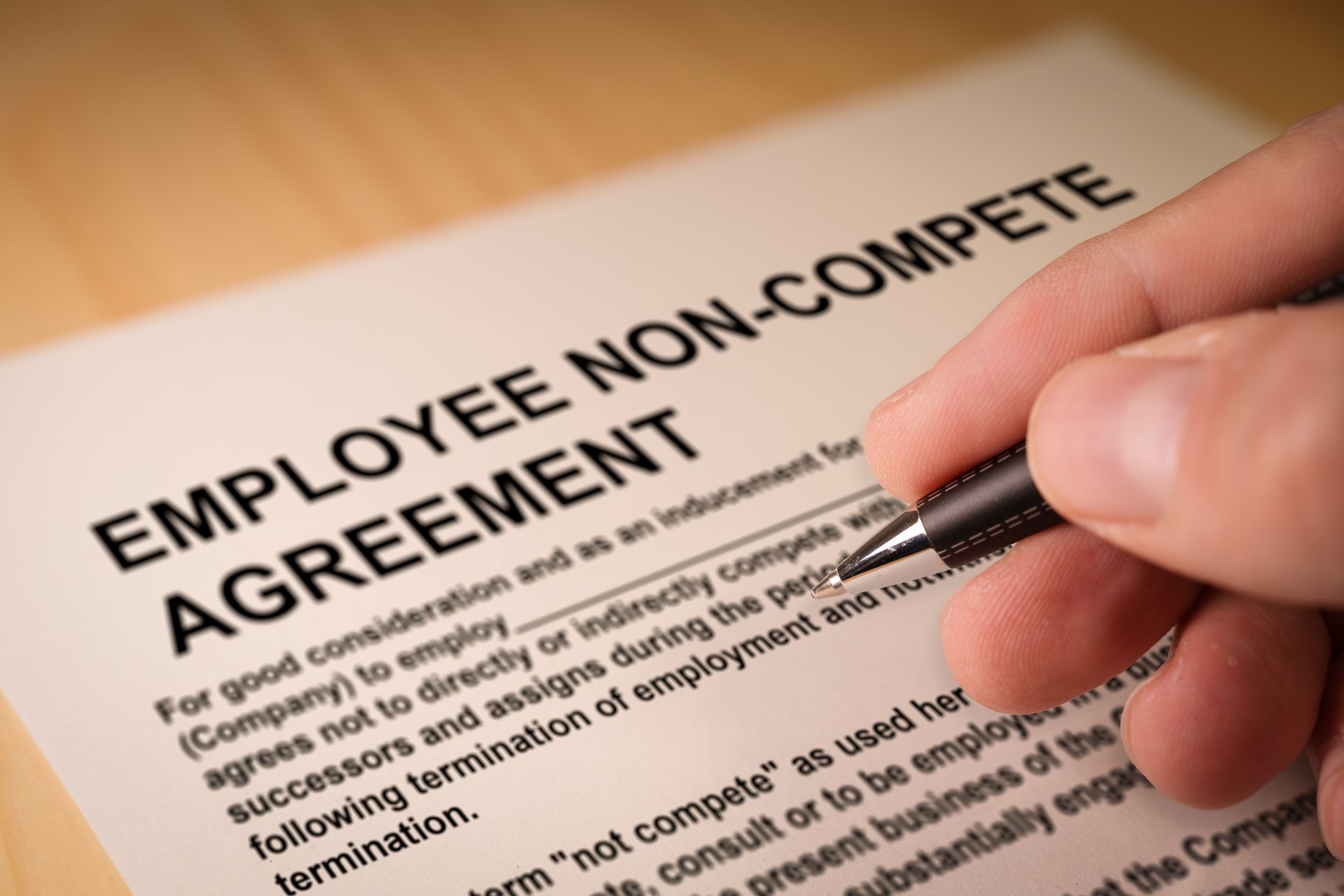In the midst of rapidly increasing inflation , many people worry they won’t be able to afford basic housing. As rent prices continue to surge nationwide, including in Minnesota, you may be wondering if there’s a set cap on the amount of rent you may be asked to pay upon renewing or starting a new lease.
Rent control laws in Minneapolis and St. Paul are undergoing unprecedented changes. During last year’s general election, voters in the Twin Cities approved ballot propositions which would give officials authority to limit how much landlords can increase their rental rates annually.
The St. Paul ordinance takes effect on May 1, 2022 , at which time landlords will have to adhere to city-imposed regulations. Although Minneapolis voters gave the city council authority to enact rent control measures, they have yet to formally do so.
How Will Rent Control Affect Minnesota-St. Paul Renters?
In November 2021, voters faced questions on whether government bodies should limit how much rents can increase in Minneapolis and St. Paul.
Even though both cities have rent proposals, their details aren’t the same. In Minneapolis, many details were left out and those who voted yes simply gave the city council permission to regulate rent. The St. Paul proposition enforced a fixed maximum rent increase cap of three percent.
For example, if you’re paying $1,000 in rent for 2022, a three percent cap would mean your rent can’t go higher than $1,030 in 2023 and $1,061 in 2024.
The proposition aims to counteract the actions of landlords who have increased rents due to housing shortage-driven demand.
Useful Information about Rent Increases in Minnesota
From a geographic standpoint, Minneapolis and St. Paul take up only a fraction of Minnesota. From a population standpoint, about 55 percent of Minnesotans live in the Twin Cities. If you’re one of the 45 percent of Minnesotans who live outside the Twin Cities, you’re subject to regular state laws pertaining to rent increases and fees.
While Minnesota landlords who aren’t subject to the Residential Rent Stabilization Ordinance can raise rents without any stipulation, they must still abide by certain state rules.
When Can Your Landlord Raise Rent?
Your landlord cannot raise your rent until the end of the lease period unless the rental agreement you signed states otherwise. For example, if you signed a 12-month lease, your landlord would have to wait until the 12 months are up before raising your rent. If you have a month-to-month lease, your landlord must give you a 30-day notice before raising your rent.
What About Late Fees and Bounced Checks?
Late fees are subject to the landlord’s discretion, but details about late fees must be clearly disclosed in the lease agreement. Fees for bounced checks are regulated by the state. According to Minnesota law , your landlord can charge you up to $30 for a bounced check.
What If Your Landlord Increased Your Rent Illegally?
If you believe your landlord didn’t give you proper notice before increasing your rent or did so as retaliation or discrimination, it’s your right to defend yourself by taking legal action.
However, before you do, it may be in your best interest to schedule a meeting with your landlord to discuss the issue. You may also want to send your landlord a formal letter explaining your concerns and referencing any laws they may have violated. Be sure to add that you will not pay rent unless your concerns are properly addressed.
You may also consider consulting a civil litigation attorney for legal help filing a housing discrimination lawsuit, small claims (conciliation court) case or a formal complaint against the landlord.
Find a Lawyer to Help With Your Rental Dispute in Minnesota
If you’re looking for legal assistance with a landlord-tenant dispute in the Twin Cities , contact Minnesota Lawyer Referral and Information Services (MNLRIS). Our helpful referral counselors will help you find a skilled local attorney who can help.
To schedule your consultation , call (612) 752-6699.
The post Is There a Limit on How Much a Landlord Can Raise Your Rent? first appeared on Minnesota Lawyer Referral and Information Service.




